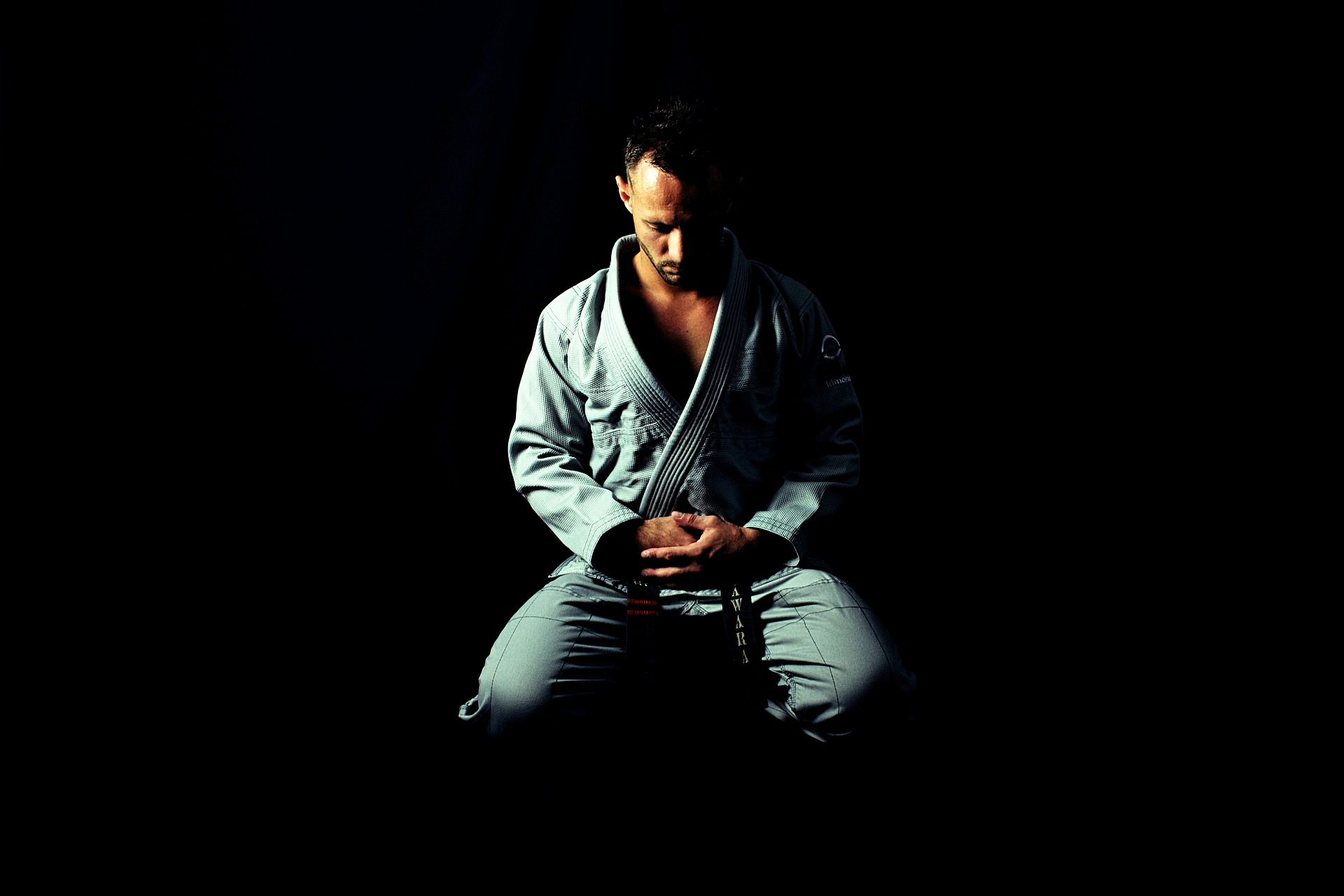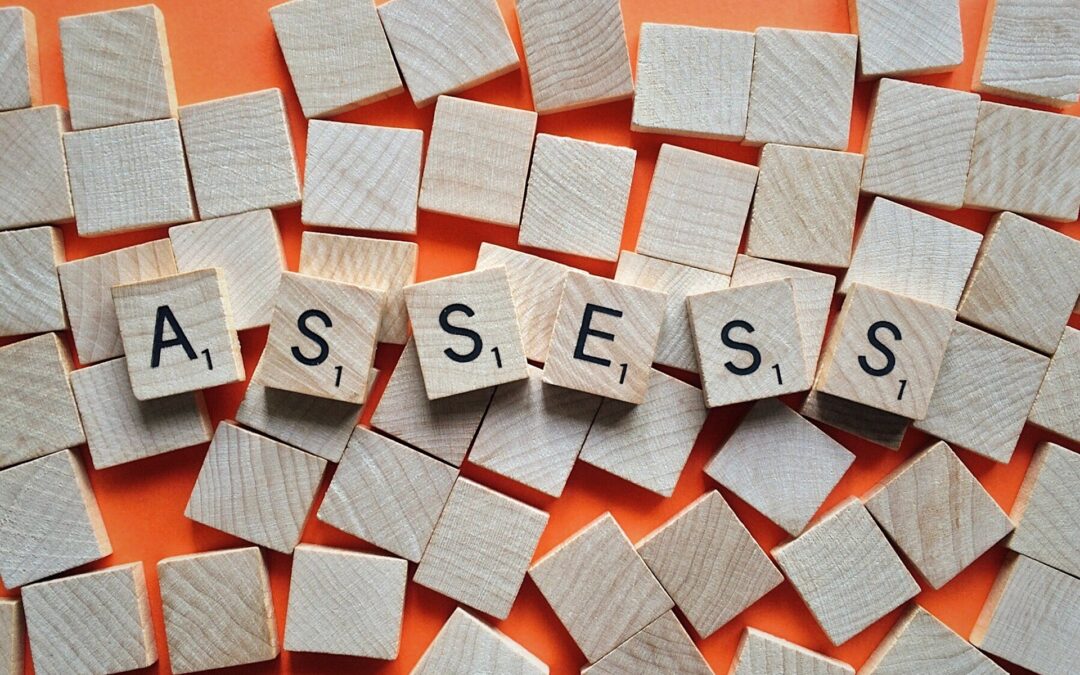Self-discipline is about integrity. It is about treating yourself as well as you treat others. If you made an appointment with a friend or family member you would never just fail to show up. You would be concerned about letting the other person down. You wouldn’t want to disappoint them. You wouldn’t want them to see you as a person who didn’t care about them or your own commitments. When we tell someone we are going to do something we want to follow through because our self image is going to be tested by another person if we don’t. This social accountability is very powerful to us. It actually leverages the lower brain’s fear center because we all want to be liked, appreciated and respected. Losing the approval of other human beings is a threat to our ability to remain in our tribe evolutionarily. But what about when we break a promise to ourselves? There’s nobody but us let down. When we lack self-discipline to do what we said we would do we are saying that we should treat ourselves worse than we would treat anyone else. Self-discipline – keeping promises you make to yourself is actually a form of self-love. It is pivotal in how we see ourselves – our self image. Our self-identity. The stories we tell OURSELVES about OURSELVES are more important by far than any story we tell the world about ourselves. Who we believe ourselves to be creates our emotions. Our emotions dictate our behaviors. Our behaviors dictate our actions. Our actions dictate our results. We fool ourselves into believing that when we break a promise to ourselves nobody is impacted. Nothing could be further from the truth. You always know. The more often you give yourself license to break promises to yourself the more unreliable you believe yourself to be. The more unreliable you believe yourself to be the lower your self-confidence is. The lower your self-confidence is the less courage you have. The less courage you have the more imprisoned by fear you become.
I recall a conversation with my wife that illustrates this point. We had received a relative large commission check from one of my cases. Our savings account was not where we wanted it to be. At the time we also had some credit card debt. I said to my wife “we really need to knock out all that debt with this money. I know you’d feel better to have it in the savings account but the savings account is earning us 1% interest and the debt is eating us at 18% interest. This really is a simple decision. We should knock out the debt and take the minimum payment we have been making on the credit card and put it into the savings account every month moving forward until its where we want it. Then we will be out of debt and have the savings account funded.” She responded “I understand but we won’t do that. We won’t make the minimum payment into the savings account. We’ll spend it.” My wife was planning for our lack of self-discipline. She wanted to choose an unwise path that made our financial freedom more difficult because she was banking on our lack of self-discipline to not spend the minimum payment on our expenses once we no longer had to pay the credit card. This was what our prior lack of self-discipline had done to her self-image of us – she began to plan for us to fail. When we decided that our prior lack of self-discipline was not determinative of the future and that we could act in accordance with our intentions we made the right decision and carried out the correct plan.
When we act in self-discipline we get to experience our own power. We begin to know that we are capable of doing hard things. We can trust ourselves. We can start taking risks not because we have resources but because we are resourceful. Whether it is starting a new practice area, going into the courtroom for the first time (or the 4th time after 3 consecutive losses!), seeking that promotion or quitting your job to start your own firm – taking big leaps always requires you to face uncertainty of circumstances. When we get paralyzed by fear it is often because we can’t see how all the steps ahead of us will go and our lower brain tells us that it is fraught with danger and that safety requires you stay where you are. When we have self-discipline we build and identity of self-discipline and resourcefulness that speaks back to that fear “I will overcome whatever happens”. We gain courage by being able to rely upon ourselves. We know who we are. We know that if we say we are going to do something we will do it. We look at the things we don’t yet know how to do and say “I will figure it out”.
“If you just sit down and say, ‘I’m going to learn this thing until I do, there’s not really much out there that you can’t figure out eventually.”––Kobe Bryant
It is critical for us to understand that self-discipline is not a gene. You aren’t born with a self-discipline level. It is a skill. A muscle that can be trained. So how do we as Plaintiff trial lawyers develop self-discipline? We do it the way all behavioral change happens. We assess where we are, we develop a plan, we implement the plan and we evaluate the results. I learned this process from my work as a nursing home abuse attorney. The nursing process is identical. (A)ssess the residents current condition, develop a {P)lan to mitigate health complications from the current condition, (I)mplement the plan and (E)valuate the results. Repeat until you’ve reached your goal. The acronym APIE has been a cornerstone of everything I do in life as a result




0 Comments